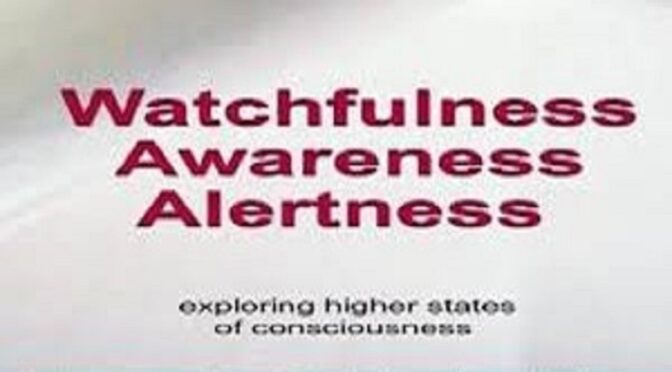Contents
Introduction
Etymologically, the term advent derives from the Latin advĕntum, arrival and advenīre to arrive. Hence, it is a period or moment of expectation for something momentous. In our context, that is, in the religious or Christian context, Advent is a pre-Christmas period. It is the period including the four Sundays before the feast of Christmas. In its original meaning, the word advent means arrival, coming of a thing, an event or of an important personality. Majority of Christian denominations observe these weeks as time of prayer, abstinence and renewal in preparation for the feast of Christmas, the arrival of Anointed One of God – Jesus, the Christ (the Messiah, the Anointed).
The Call to Watchfulness
In this Sunday Gospel, Jesus exhorts the disciples and the entire Christian faithful to be watchful. This invitation is expressed in and with the formula: stay awake, for you do not know on what day your Lord/Master will come. Literally, the Greek grēgoreō means be or keep awake. But in the figurative sense, it means be on the alert, be watchful. It is an imperative. In order to be watchful, one must be awake. While to be asleep is to be in the passive state, on the other hand, to be awake is to be in the active state. Passiveness and activeness are two contrasting attitudes. The relationship between the two is like the relationship between light and darkness. That is, they are incompatible and cannot exist contemporarily. When one takes place, the other must give way.
Conclusion
The Christian advent is a period of great expectation. According to the Isaian text cited above, it is a period of divine consolation and encouragement. Today, we have many reasons to thank God. However, we also have many reasons to be consoled and encouraged, especially in this country called Nigeria. The expectation to be comforted is therefore, part of Christian true hope. At the beginning of this joyous and graceful and grace-filled time, we should listen attentively to the voice of God, which speaks to us in and from our hearts. Isaiah proclaimed the message of God to his fellow county men and women who were in exile, and were about to come back to their patria. Today in our world, and particularly here in Nigeria, what or which is our own exile? What is the exile of our various societies, the various nations, and the entire world? What kind of salvation are we expecting? What do we wish our families, our nations and the entire humanity? In this period of advent (and Christmas), we must find out our own iniquity and the iniquity of the world to which God promises to bring to an end. We must dictate them and send them on perpetual exile. The divine intervention in our lives demonstrates God’s effort to dialogue with us and with every creature. We should also know ourselves better through dialogue and righteous living. Let us abandon ourselves to God that He may teaches us (cf. First Reading).
FOR DETAILS, GET YOUR OWN COPIES OF THE BOOK “THE WORD OF LIFE:
SUNDAY REFLECTIONS” (vols. I‑II-III)!! The reflection for the 1st Sunday of Advent is found in The Word of Life, vol. I, pages 1–10. Happy reading!
For details on how to get it, contact the author on this link: https://m.me/uchennabiblia?fbclid=IwAR2yeg4a6sDGBp9QGkIvKj6FSADumMokN6lshdE0zuo-JHs6qOmlhA7jyHo
or email me at: postmaster@uchennabiblia.com
or simply send an SMS on 08116100926, and I will get back to you.

